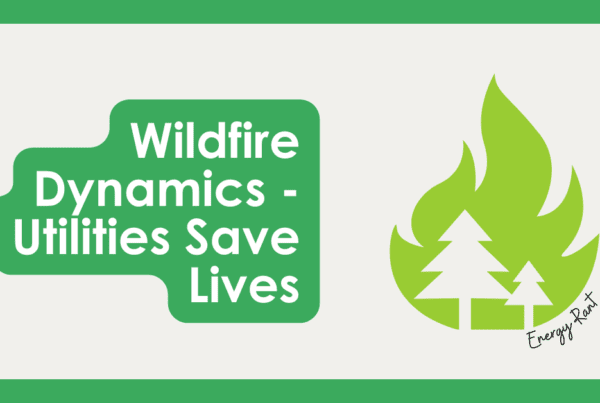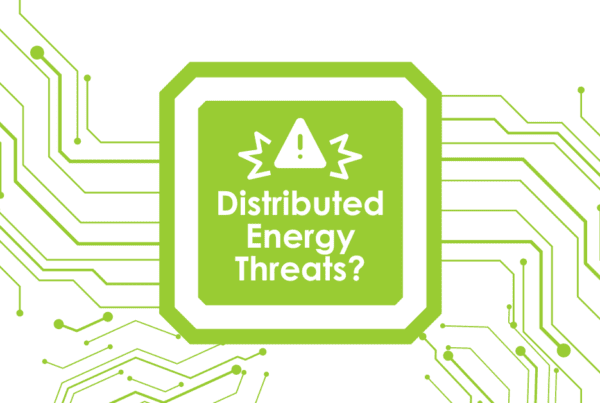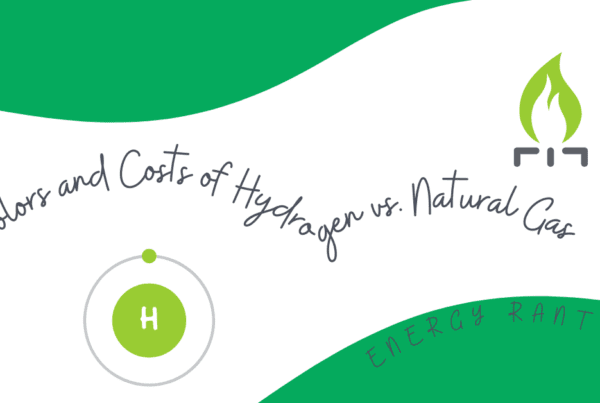You know what torques me off, or make that torques us off more than anything else? I’m saving it for a future rant. Stay tuned.
No really, it’s “prospective” clients, many times end users that have screwed up buildings beyond reproach or wasting energy as though they just want to release all the carbon locked up in fossil fuels and get it over with. They ask for help but in no way intend to pay for it or take action for anything substantial. We may have even demonstrated, clearly by benchmarking or other means with specific measures that they could make their utility shut down a 500 MW power plant if they would just do something.
But no! They want to know something trivial like how much energy/money they’ll save with a system that will put unattended PCs to sleep and not mess with anything substantive. Never mind every PC on the planet has this built in and it’s about as hard to negotiate as turning on the television.
They’ll ask how to catch a three pound shad when you have a loaded harpoon with a giant blue marlin at point blank range (just go with the metaphor even if it is totally absurd). Take the damn harpoon and shoot the thing, man! Well gee, I just don’t know. I haven’t used one of those things before. I might shoot myself in the foot. Is that tip sharp? And they keep coming back for more panfish advice.
You may have spotted these people in public. They go to the grocery store around noon Saturday to eat everything available for sampling, for their lunch, and probably leave with a half gallon of milk and a loaf of private label bread. They sample six beers in a brew pub, order a can of Pabst and leave no tip.
And then there are those who believe the utility should pay for everything, and I mean everything. We were working a school district for retro-commissioning and I believe they have some good opportunities, but when the board discussed it, a genius said, no. He wanted the utility to build a remotely-sited wind turbine (because their location is lousy for wind energy) paid by the utility to generate electricity for their facilities and do it on a net metering sort of contract. I am not kidding you. Gee, that’s a great idea. Let me get right on that. I almost got brain damage from oxygen deprivation. I was laughing so hard. I’ve heard of customer entitlement mentality but this was from another universe. How do you calibrate a customer like that to life here on earth?
We also have to beware of death by a thousand cuts. A client may only want a half baked high-level assessment. No matter how loud and clear we describe WHAT the project IS NOT, after we present the results that clearly meet the contract scope of work, some start asking for details on specific measures. Where do I buy one of these? Do you know any good contractors? What capacity of doohickey do I need? Some utilities, thankfully, are offering compensation to answer these sorts of questions.
Think of it this way. If your house is a hog, it’s probably because it leaks like a sieve. You can’t just take a couple tubes of silicon and slop it on some windows. I know what I don’t know, and I know there are a boat load of places for infiltration/exfiltration to occur and like life in the commercial and industrial world, if you want results, you need to hire somebody who knows what they are doing. I’ll pay a guy $500 to do it right before using a buffoon for free, any day.
NOTE: This is not a solicitation to weatherize my house.
Tidbits
Wall Street Journal readers responded to the source article from last week’s column.
Commenting on the letters, the National Resources Defense Council guy projects avoidance of 300 large power plants and $12 billion in annual savings. In an Energy Brief a couple years ago, I projected 156 large power plants (500 MW apiece) and $9 billion in savings. Close enough for hand grenades but I’m guessing he’s a little heavy on the power plants. Is there diversity figured into his numbers?
Osram, a German company is retooling one of its American plants to manufacture efficient lighting. Meanwhile, General Electric is whining that it has to close its last lighting plant in the U.S. Jeffrey Imelt is a terrible CEO for GE. General Electric used to be an entrepreneurial innovative company under Jack Welch. Now it is a company in search of markets for status quo products and services, and government handouts. If you don’t innovate you die in the private sector. It matters not what you do.
One guy argues CFLs will require more heating energy consumption. Yawn. Fuel oil would be cheaper heat and if incandescent bulbs are such a great source of heat, what about summertime? The electrical engineer makes good points that CFLs are not as bright as advertised. We’ve always recommended CFLs at 33% the power, as opposed to 25%, of the incandescent being swapped out. This is essentially the next size larger CFL than “recommended” in the business.
Another guy plays the mercury card. Yawn. I dismissed that fallacy in the same Brief.





